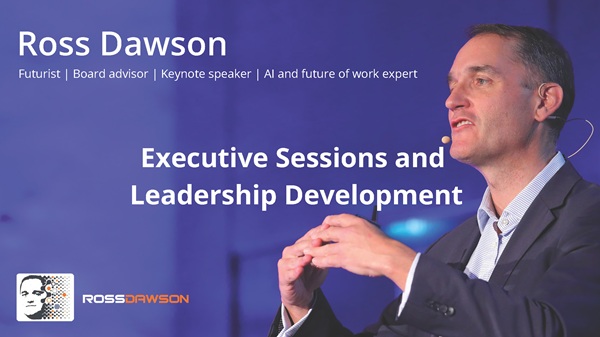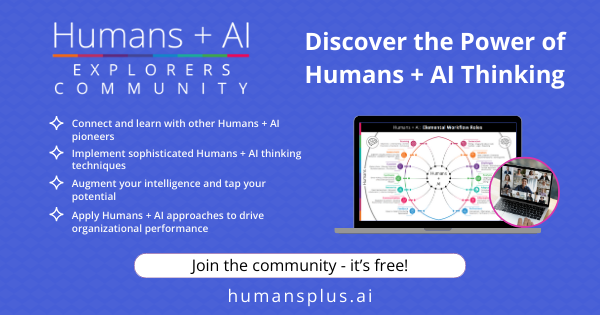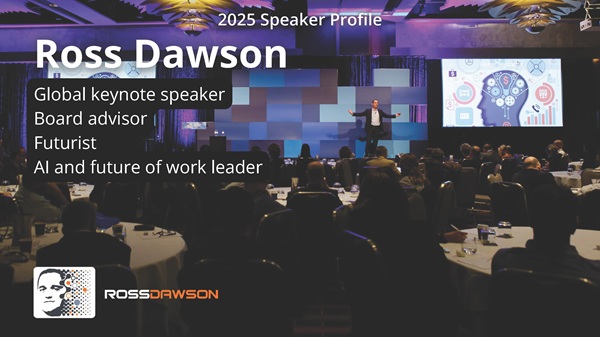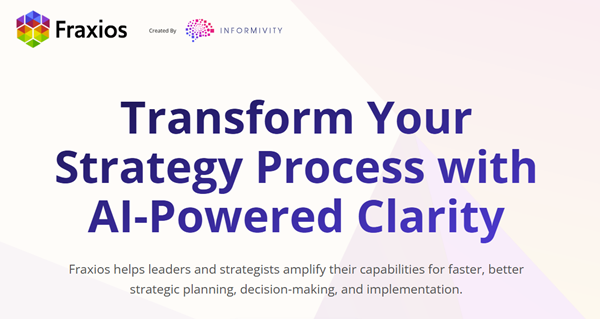I recently gave a keynote at FuturistsXSummit in Dubai on Humans + AI: Infinite Potential.
Leading to the close of my keynote I shared this diagram on designing human-AI coevolution, as the overarching intent we need to enact to create positive future of humanity.
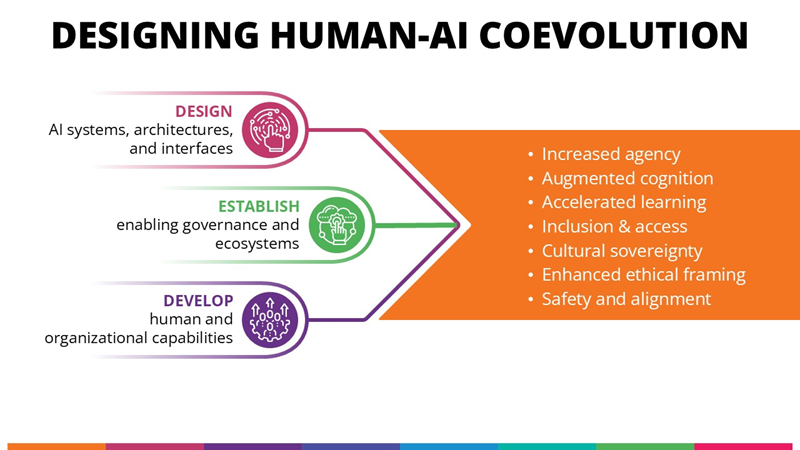
Key elements
DESIGN: AI systems, architectures, and interfaces
Design the AI systems and interfaces to augment human cognition, encourage learning and thinking, put humans in control, reduce friction, and make accountability embedded at the core.
ESTABLISH: enabling governance and ecosystems
Set rules, incentives, and shared infrastructure that enable responsible capability growth. Clear guardrails and strong partnerships accelerate learning while keeping risk within bounds.
DEVELOP: human and organizational capabilities
Build the skills, roles, and workflows that let people and teams work productively with AI. Capability compounding beats tool chasing, so invest in practices, playbooks, and feedback loops.
The outcomes
Increased agency
Use AI to expand people’s ability to act with competence and confidence, giving more meaningful control over outcomes and reducing dependence on bottlenecks.
Augmented cognition
Pair human judgment with machine reasoning to improve clarity, breadth, and depth of thinking, lifting decision quality and creative output where it matters most.
Accelerated learning
Compress feedback cycles and personalize practice so individuals and organizations learn faster than competitors, turning speed of improvement into durable advantage.
Inclusion & access
Design for wide usability and equitable participation, unlocking talent and perspectives that improve performance and legitimacy.
Cultural sovereignty
Enable communities and institutions to express their own values, languages, and norms in AI systems, increasing relevance, trust, and adoption.
Enhanced ethical framing
Surface trade-offs and consequences at the moment of choice to support values-aligned decisions that stand up under scrutiny.
Safety and alignment
Anticipate failure modes, monitor behavior, and enforce intent so systems remain reliable under pressure, protecting people and the organization from harm.
I will share more on some of what I covered in the speech in other posts.

